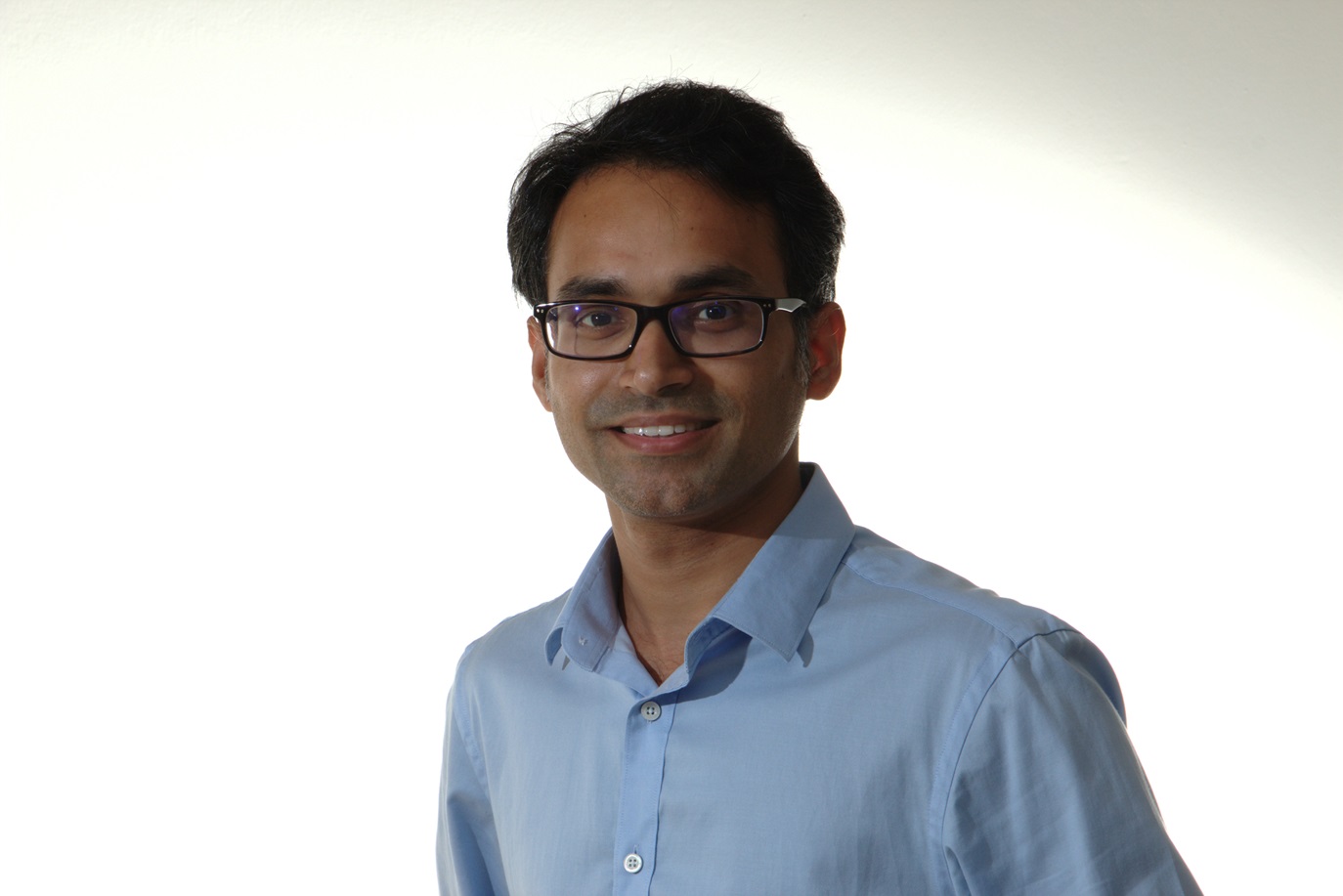When Web3 OGs Launch Startups – Amrit Kumar, COO of AltLayer

Amrit Kumar has successfully migrated from academia to entrepreneurship in the complex world of Web3, and he puts it all down to working on challenging problems with the right people. Hailing originally from India, he moved to France, where he got his doctorate in computer science. He then landed in Singapore to do postdoctoral research at the National University of Singapore.
Founding and Leading Zilliqa
“At that time in 2017, Singapore was the centre of ICOs, and I began working on blockchain technology as a researcher. Before long, however, I was invited to become a founding member of Zilliqa, a layer-one blockchain. If you will, this was the first time I had joined a company, my first non-academic job.”
There were eight co-founders in total, with Kumar taking up the role of chief science officer. His role included designing protocols and creating a new smart contract language that could not be easily hacked. A number of the original founders subsequently went on to other projects, and Kumar assumed the title of President of Zilliqa.
Entering AltLayer
His role in AltLayer, technically only the second company he has ever worked for, was to be the COO. AltLayer was founded to make it easier to deploy application-tailored blockchains. The goal was to address the growing demand for customisable blockchains that are scalable but easier to deploy without the need to bootstrap a large decentralised network to secure user transactions.
AltLayer addresses this by providing a rollups-as-a-service or RaaS infrastructure. RaaS allows developers to launch application-tailored blockchains called “rollups” that do not require a large network as they tap into an existing decentralised network such as Ethereum for transactional security. AltLayer makes it possible to deploy a custom blockchain in minutes, drastically saving application builders who want to build a blockchain dedicated to their application cost, manpower, and time to market. “We also allow for all sorts of customisations, for instance, the ability to have a custom gas token. From our perspective, our rollups are packaged like a service infrastructure. And now we have about 40 clients saving money and delivering more secure, reliable chains because of our RaaS.” AltLayer has done two rounds of funding; a seed raise of $7.2million and a strategic round afterwards of $14 million.
Binarii Labs and Networking
Kumar is also the chairman of Binarii Labs, headquartered in Dublin. Through Binarii Labs, he met with Tashi through its CTO, Ken Anderson. Anderson was working with a number of Irish Web3 startups, and a mutual friend did the introduction. Reflecting on the fact that AltLayer is only his second commercial job, Kumar can see how, first, his rigorous academic background set up the stage for his experience and the success of Zilliqa copper fastened his overall success. “Having both experiences is vital to being able to launch a startup – with energy. We’ve been there before, and we know what is involved in building a company.”
Differences Between Web2 and Web3
Kumar sees a difference between building a company in Web2 and building one in Web3. “Crypto is very different, and the experiences are not always transferable. Moreover, you can’t get the experiences just by watching podcasts or reading articles. Every startup has its own challenges, but my experience with Zilliqa taught me that people are one of the most important parts of any startup. “Your first few hires really can make or break your project. Even if you get funding, if you have the wrong people, then it is not going to work.”
Offering Expert Advice
Recently, a friend confided in Kumar that he was offered a role for one month, after which time, based on his work, he might be offered a full-time contract. His friend was not very happy with the lack of security, but it made sense to Kumar.“If it’s about job uncertainty, I’d double or even triple your monthly ask, but I need to see the work first-hand before I can judge. A salary premium effectively gives you a month or two of buffer period to find another job just in case I can’t hire you after the first month.”
Kumar is advising Tashi Gaming. The decision to join the advisory board was easy. Tashi is solving an infrastructure problem that can help game builders.“Gaming is all about user experience, so the infrastructure needs to be right from the beginning. A big majority of my first clients were all building gaming-related companies. It is a natural place for me to be here.”




